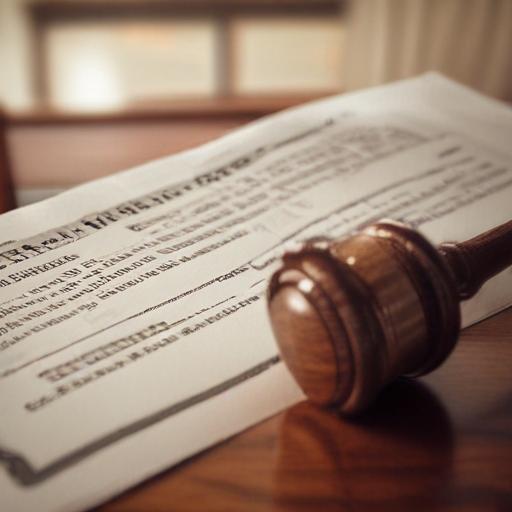A federal judge in Tennessee is set to order the temporary release of Kilmar Abrego Garcia, whose wrongful deportation to El Salvador highlights ongoing issues surrounding the Trump administration’s immigration policies. However, despite the judge’s ruling, Abrego Garcia is likely to be taken into custody by U.S. Immigration and Customs Enforcement (ICE) for potential deportation.
U.S. Magistrate Judge Barbara Holmes decision marks a significant moment in a case that has drawn considerable public attention. Scheduled for a hearing on Wednesday, the judge will discuss the terms under which Abrego Garcia might be released. On Sunday, she denied the U.S. government’s motion to keep him detained, stating they had not demonstrated he was a flight risk or posed a danger to the community.
Abrego Garcia faces federal charges for human smuggling, which he pleaded not guilty to on June 13. His defense team claims that these charges are an attempt by authorities to retroactively justify his controversial deportation to a dangerous prison in El Salvador in March. The case revolves around a 2022 traffic stop in Tennessee, where Abrego Garcia was driving a vehicle carrying nine passengers. Although officers suspected smuggling, he received only a warning and was allowed to continue on his way.
The federal indictment accuses him of smuggling hundreds of individuals, including children and known gang members, throughout the U.S. This investigation began after the Supreme Court mandated his return to the U.S. amid escalating public pressure.
Judge Holmes emphasized that the determination of whether to release Abrego Garcia was essentially moot, given the likelihood that ICE would pursue his detention again. She underscored that the evidence presented did not clearly indicate he was a danger or flight risk.
Complicating matters, a 2019 immigration ruling protects him from being sent back to El Salvador due to credible threats from gangs. Although possible deportation to a third country exists, such actions would require clear agreements from that country to avoid returning him to El Salvador.
Federal prosecutor Rob McGuire raised concerns during the hearing about allegations related to drug trafficking and abuse tied to Abrego Garcia’s activities, despite these not being formal charges against him. Most defendants in similar situations are typically deported rather than tried in the U.S. Thus, whether he stands trial will depend on ongoing legal proceedings.
This case exemplifies the complexities within the U.S. immigration system and the often tangled nature of legal proceedings amidst stark immigration policies. With the situation remaining fluid, observers are hopeful for a resolution that balances justice with humanitarian considerations.
